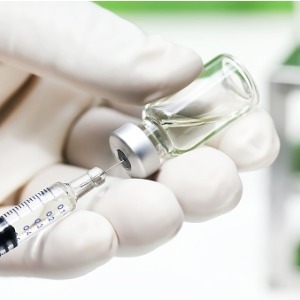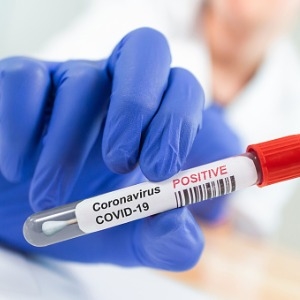Coffee For Thought: How Much Coffee Is Enough?
Coffee, a cherished beverage enjoyed by millions worldwide in the mornings, has ingrained itself into our daily routines. It is praised for its capacity to increase energy and improve mental concentration. This is due to its energizing scent and stimulating qualities.
However, there has been continuous discussion over the possible negative effects of coffee use on health. We’ll examine the most recent scientific findings in this blog post. Then, we’ll see how much of it is regarded as healthy and safe.
Let’s explore the complex world of coffee and learn the truth about how it affects our health.

The Goodness of Coffee:
Coffee is a rich source of antioxidants and bioactive chemicals. These chemicals that have several health advantages, making it more than simply a morning pick-me-up. Moderate drinking has been linked in studies to a lower chance of developing various conditions. These include type 2 diabetes, Parkinson’s disease, and several cancers.
Additionally, caffeine’s positive effects on mood, alertness, and cognitive function make this drink an invaluable tool. This could be for maintaining attention and productivity throughout the day.
Understanding Caffeine:
Coffee’s main active component, caffeine, is what gives the beverage its stimulating effects on the central nervous system. Depending on the brewing technique and the type of coffee bean used, the quantity of caffeine in a cup of coffee might change.
The average amount of caffeine in an 8-ounce cup of brewed coffee is between 70 and 140 mg. The majority of people may get the desired results from moderate caffeine use (400 mg per day). They can achieve this without experiencing any negative health consequences.
Individual Tolerance and Sensitivity:
It’s crucial to understand that everyone reacts differently to caffeine, and that effects might change depending on tolerance levels. Even modest quantities of caffeine may cause jitters, a quick heartbeat, or trouble sleeping in some people. On the other hand, for some, even heavy dosages may not cause any problems.
Determining your appropriate intake amount requires an understanding of your own caffeine sensitivity.

Potential Negative Effects of Excessive Consumption:
While consuming coffee in moderation might be good for your health, drinking too much of it can have negative effects. Regularly using a lot of caffeine can cause dependence, which can cause withdrawal symptoms if caffeine intake is cut back or stopped.
Additionally, consuming too much might make it difficult to fall asleep, make you anxious, and affect your digestion.
Health Considerations:
When taking coffee, those with certain medical issues or worries should proceed with caution. For instance, a typical recommendation is that pregnant women restrict their caffeine intake since too much caffeine during pregnancy may have unfavorable effects. Monitoring one’s drinking is an essential step for people with heart diseases, anxiety disorders, or acid reflux since it may make their symptoms worse.
Hydration and Coffee:
One misunderstanding regarding coffee is that it can lead to dehydration. Despite the fact that caffeine has a modest diuretic effect, the fluid content of the beverage usually makes up for the fluids lost from ingestion.
Moderate coffee drinking seldom causes substantial dehydration in most people. However, it is essential to maintain a daily fluid intake that is generally includes great balance and diversity.

Personalizing Your Coffee Intake:
Take into account elements like your daily schedule, health, and caffeine tolerance to calculate the right amount of coffee for you.
One cup of coffee in the morning can provide the intended results for some people without having any negative side effects. Others may discover that drinking coffee intermittently throughout the day keeps their energy levels steady without consuming too much caffeine.
There is no universally applicable solution to the age-old query of how much coffee is healthy for you. While moderate consumption and use has a number of positive health impacts, excessive intake and consumption can have negative side effects.
Gaining the advantages of this favorite beverage requires knowing your unique caffeine sensitivity and tailoring your coffee intake.
In life, like in many other areas, balance is essential. Accept coffee’s benefits, but keep in mind your unique requirements and how it fits into your entire lifestyle and health objectives.
By doing this, you may protect your health while still enjoying the benefits of coffee.
















Leave a Reply
Want to join the discussion?Feel free to contribute!